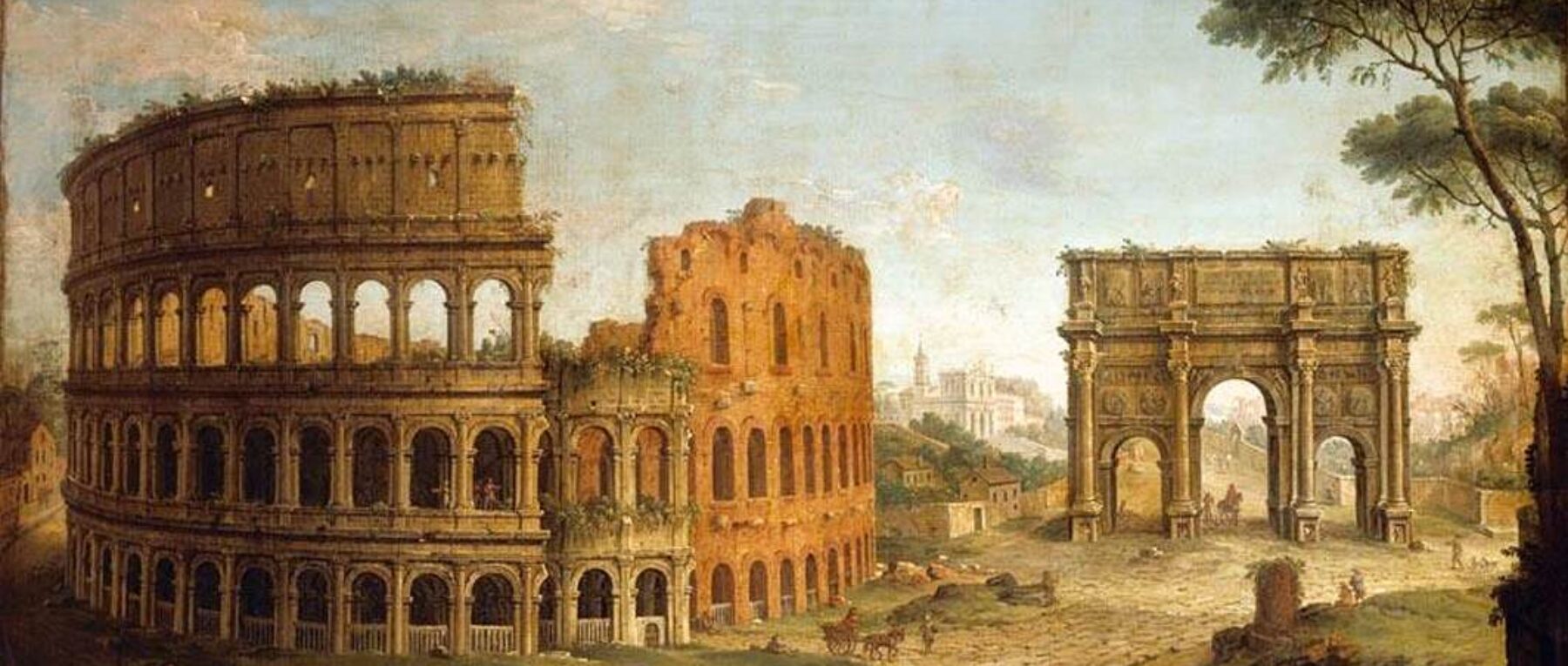What can Sertorius and the Two Horse Tails teach us about Perseverance?
 |
| Sertorius and the Horse Tail by Gerard Van Der Kuijl, 1638 (Source: Wikimedia Commons) |
What is better, perseverance or brute strength? Time and patience to wear something away or straining with all one’s might to force something to happen? Can the same result be achieved in a simpler way, more easily?
Often, try as we may, things don’t happen straight away or the way we want, but by taking small steps over time and with patience, are eventually overcome. Time and patience win in the end.
Plutarch, in the Life of Sertorius, relates an anecdote where the general Roman Sertorius used two horses’ tails to make a point to the barbarians fighting with him — the superior effectiveness of perseverance over brute strength.
The Barbarians and the Two Horse Tail Lesson
After rescuing the barbarians from defeat, Sertorius gathered all the soldiers in an assembly and brought two horses before them. One of the horses was old and scrawny and the other was large with a thick beautiful ‘flowing tail’. Beside the scrawny horse stood a large strong man, and beside the large horse stood a small weakly man (Paraphrase).
At a signal the strong man seized the tail of his horse and tried with all his strength to pull it towards him, as if to tear it off, while the weak man began to pull the hairs one by one from the tail of the strong horse. The strong man, after struggling with all his might to no purpose and causing the spectators a great deal of amusement in the process, finally gave up the attempt, while the weak man quickly and with very little trouble stripped his horse’s tail completely bare. (Plutarch, Makers of Rome, p. 210)
 |
| Sertorius and the Example of the Horses by Hans Holbein the younger (Source: Wikimedia Commons) |
His point thus made, Plutarch has Sertorius rise to his feet and exclaim before the assembled soldiers:
that perseverance is more effective than brute strength, and that there are many difficulties that cannot be overcome if you try to do everything at once, but which will yield if you master them little by little. (Plutarch, Makers of Rome, p. 210)
Perseverance Pays Off
As this example shows, many things in life are large and difficult and take time to accomplish. By attempting to do it all at once with all our strength, we struggle and exert all our energy, often to no avail. Whereas, if we were to do it, in small degrees, we would find that what was large is now small and therefore easier to overcome.
To allow this to happen, we have to be patient and use Time as our ally.
The truth is that a steady and continuous effort is irresistible, for this is the way in which Time captures and subdues the greatest powers on earth. (Plutarch, Makers of Rome, p. 210)
Sources:
Plutarch, (1965), Makers of Rome. Translated by Ian Scott-Kilvert. Introduction by Ian Scott-Kilvert. London: UK. Penguin Books
